Pigeons are surprisingly popular pets. They, along with doves, are short-legged, stout-bodied birds that are found almost everywhere in the world in both the wild and our homes. As pets, we care for their every need, including treating many common diseases that they may get. These diseases can cause a variety of symptoms including breathing problems, diarrhea, and even death.
Pigeon Canker
Canker is caused by a tiny organism called a protozoan and typically causes breathing problems. It is a disease that is easily transmitted from bird to bird but thankfully it is not able to survive outside of a bird for more than a few minutes. Pigeons pass canker on to other pigeons when they share water bowls, exhibit billing with other adult pigeons, and feed young pigeons crop milk ( a semi-solid, crumbly excretion high in fat and protein).
The organism that causes canker is typically found in a pigeon's crop, throat, bile duct, cloaca, proventriculus, or other parts of the digestive tract. Nodules from canker may also be found on the navel in a nestling pigeon or in pigeon sinuses. Symptoms of canker will vary depending on what part of the body it is found in but since it most commonly affects the throat, most pigeons will have breathing difficulties due to the nodules on the tonsils. Other signs of canker, besides the visible nodules and breathing issues, include diarrhea, weight loss, lethargy, and bleeding from the mouth and cloaca. Symptoms worsen if the disease is not treated and canker can cause death.
Canker lesions look like other kinds of infections (such as an abscess) but canker will only affect parts of the pigeon's body that are related to or close to the digestive tract. This means a lesion on a wing would definitely not be canker. The organism may also be seen microscopically in the feces. If your pigeon has canker, it can be treated with medication prescribed by your vet. Sometimes surgical removal of the nodule is necessary by your vet.
Pigeon Worms
Like many other types of animals, pigeons can harbor various kinds of worms in their intestinal tract. Roundworms, tapeworms, and hairworms grow and live in the digestive tract of pigeons and can cause diarrhea, weakness, increased susceptibility to other diseases, and performance issues in competitive pigeons. Sometimes you can see worms passed in the feces of a pigeon but oftentimes their eggs are found during a microscopic examination of the droppings.
Pigeons get worms from eating insects and ingesting infected droppings from other birds so it can be very difficult to prevent your pigeon from getting worms. Regular microscopic exams of your pigeon's droppings are recommended to screen for these parasites and treatment involves medication that, like other pigeon medicine, can be added to the water or given orally in a syringe.
Pigeon Coccidia
Similar to worms, coccidia is an intestinal protozoan that is found in pigeons and other animals and causes diarrhea, loss of nutrient absorption, weakness, lethargy and weight loss. Coccidia is easily transmitted from pigeon to pigeon when they ingest infected droppings and is often found in small, acceptable quantities in most pigeon lofts. If a pigeon is acting normally and a small amount of coccidia is found, it is often not treated.
Coccidia is a microscopic organism so you will not be able to see it without a microscope, therefore regular fecal examinations by your vet are recommended to make sure your pigeon does not have an abundance of coccidia. Despite small amounts of the protozoan being acceptable, if your pigeon has coccidia and loose droppings (the most common indication of coccidia) or other symptoms, they should receive medications to treat it.
Pigeon Hexamita
Very similar to the protozoan that causes canker in pigeons, this organism is also found in the digestive tract of pigeons. Thankfully, hexamita is not as serious for most pigeons as canker is but it is still recommended to treat a bird that is diagnosed with it. The organism can be found microscopically in feces and is often confused with canker due to its similar appearance. It can cause vomiting, weight loss, and bloody diarrhea if it overpopulates your pigeon's intestinal tract but typically goes unnoticed in normal pigeons.
Pigeon Lice, Mites and Flies
External parasites, such as lice, mites, and flies are a real bother to your pet pigeon. These annoying pests not only bite and irritate your pigeon but can also cause more serious damage, such as blood loss or introduce disease to your bird. A scaly appearance to the unfeathered areas of your pigeon, tiny holes in the feather shafts, and itchy birds are all signs of external parasites. Depending on the type of parasite, medicated sprays are typically used on a pigeon that is infected.
Pigeon Respiratory Infections
Other than canker, respiratory infections are probably the most feared type of problem that pigeon owners face. Respiratory infections are extremely contagious. Stressed, old, and young birds are most susceptible to infection.
Respiratory infections make it hard for a bird to breathe and fly so they are less active and competing pigeons will perform poorly. If left untreated, a pigeon with a respiratory infection will be open mouth breathing, have an increased effort while breathing, sit fluffed up with their eyes closed, not eat, and will ultimately die.
Many things can cause a respiratory infection in a pigeon including fungi, viruses, bacteria, and mites. The infections can involve the lungs, air sacs, sinuses, and other parts of the respiratory tract. There may be visible discharge from the nares, inside the mouth or choana, or you may actually hear your pigeon sneezing and/or coughing if they have a respiratory infection. Aggressive treatment, including taking your bird to the vet when you see respiratory symptoms, environmental cleaning, treating underlying parasites that may have predisposed your pigeon to get sick, finding the cause of the infection, and medicating your pigeon, are all important in eradicating a respiratory infection.
Pigeon Chlamydia
There are many different strains of chlamydia in pigeons and some birds do not show symptoms. but if your pigeon is stressed they may have a flare-up of this virus.
Medications to treat the virus can be given to birds showing symptoms of chlamydia but the disease cannot be cured. Respiratory infections caused by the virus are the real concern in pigeons who have chlamydia so they are usually treated symptomatically while ensuring their environment is ideal (avoid dampness, fluctuating temperatures, etc.).
Pigeon Mycoplasma
Also a cause of respiratory infections, mycoplasma can infect pigeons in their respiratory tract. The symptoms of a mycoplasma infection are the same as those of a chlamydia and other respiratory infections so depending on the part of the respiratory tract that is infected, you may see nasal discharge, coughing, sneezing, and other symptoms.
Stress is again the primary reason why a pigeon will show symptoms of mycoplasma. Therefore, managing a clean, stress-free, ideal environment for your pigeon is crucial in keeping your bird healthy.

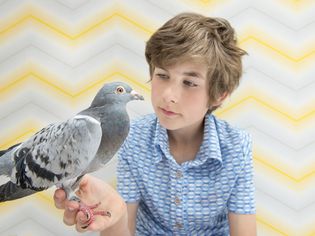
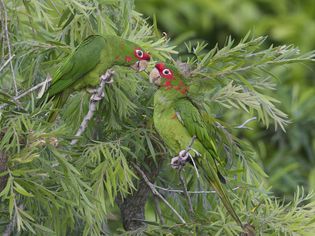
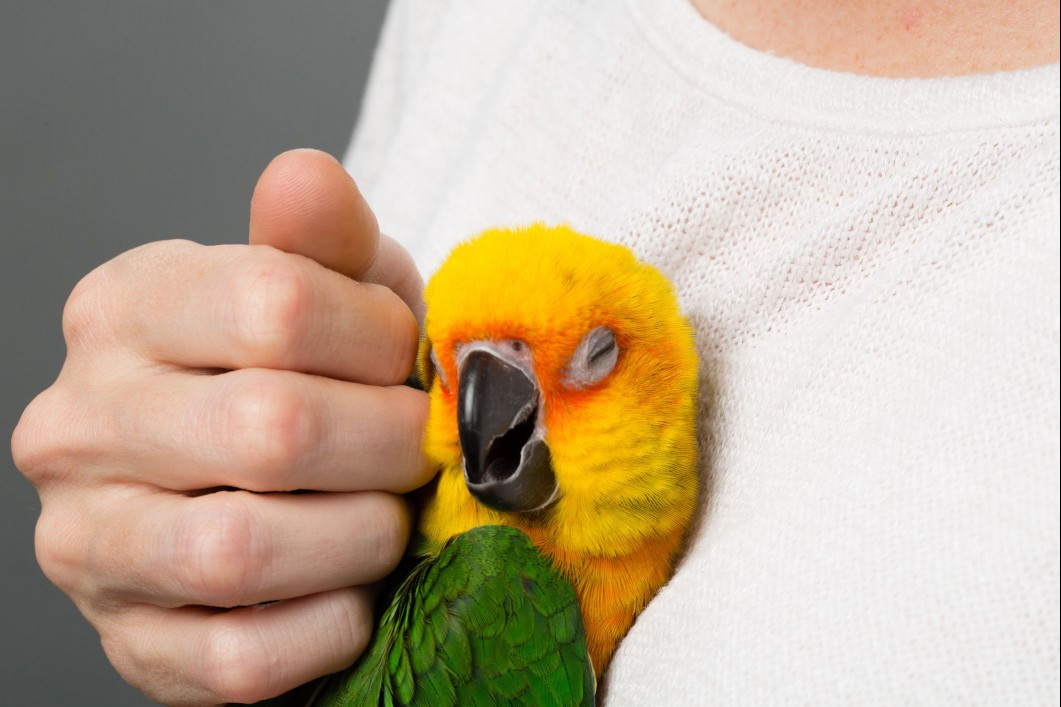
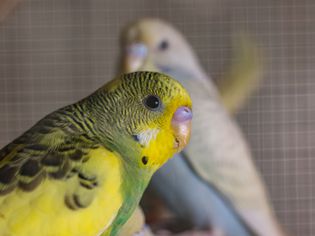
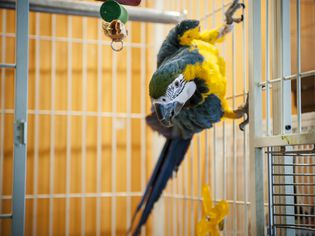
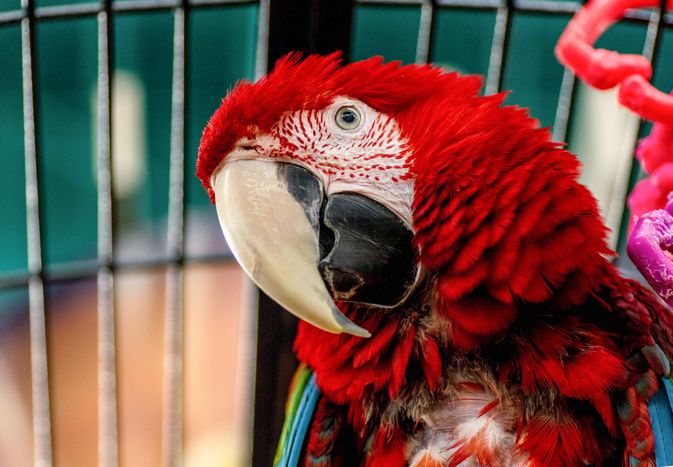
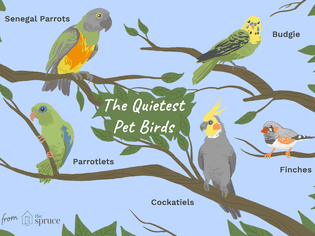
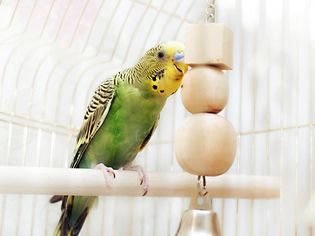
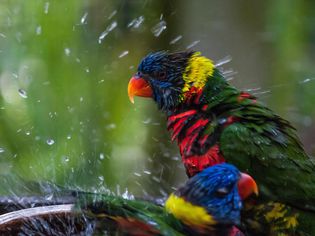
Comments on " Common Pigeon Diseases" :